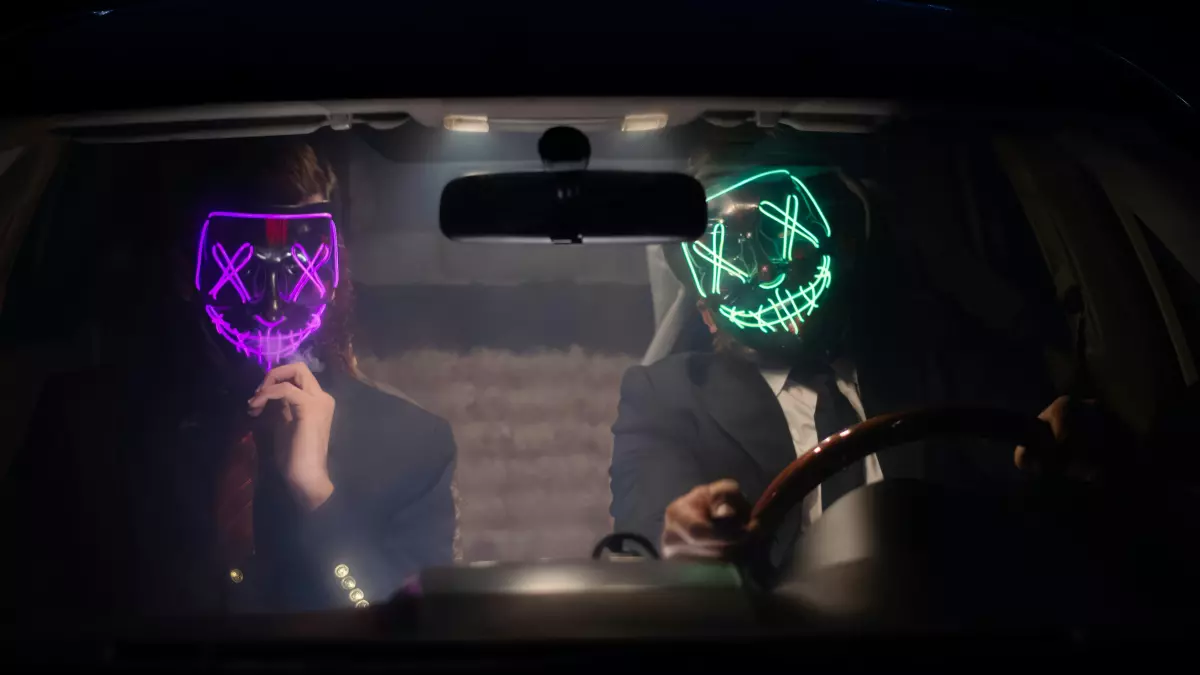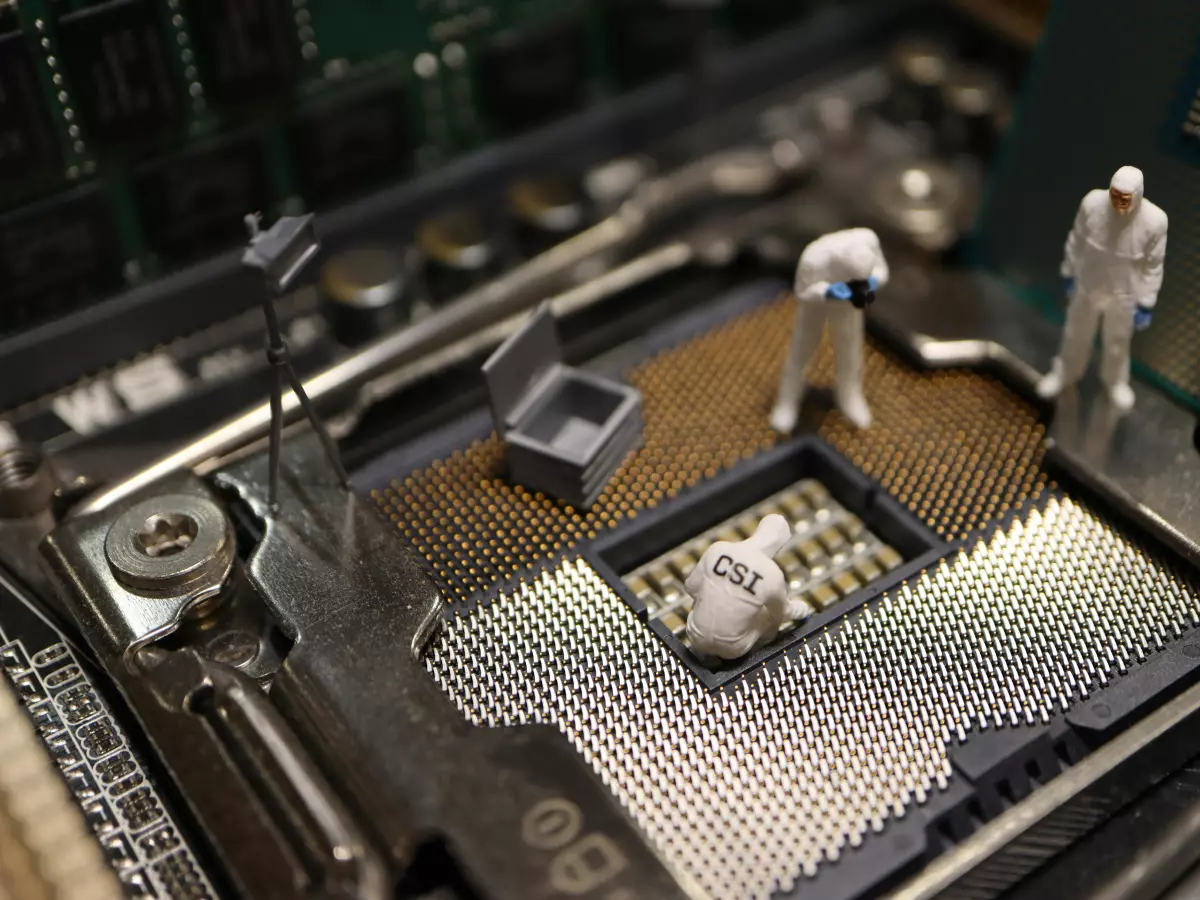Car Chaos
Imagine waking up one morning, grabbing your coffee, and realizing someone halfway across the world just unlocked your car and started the engine—all thanks to a simple website bug.

By Sarah Kim
It sounds like something straight out of a sci-fi movie, right? But this is no futuristic fantasy. It's happening right now, and it’s all because of a flaw in a Kia web portal that’s left millions of vehicles vulnerable to hackers. According to Wired, this bug allows hackers to track cars, unlock doors, and even start engines remotely. And Kia isn’t alone—this is just the latest in a series of web bugs affecting multiple carmakers.
Think of it like leaving your front door wide open. Sure, you might have the best security system in the world, but if the door’s unlocked, anyone can waltz right in. In this case, the “door” is a simple bug in a web portal, and the “house” is your car. Scary, right?
How Did We Get Here?
So, how did we end up in a world where a website bug can give hackers control of your car? It all comes down to the increasing connectivity of modern vehicles. Today’s cars are more like computers on wheels, packed with software and internet connections. While this tech makes our lives more convenient—think remote start, GPS tracking, and over-the-air updates—it also opens up a whole new world of vulnerabilities.
In the case of Kia, the issue lies in a web portal that allows car owners to interact with their vehicles remotely. This portal is supposed to be secure, but researchers found a flaw that could be exploited by hackers. And once they’re in, they can do pretty much anything—track your car’s location, unlock the doors, and even start the engine.
But Kia isn’t the only carmaker facing this issue. Over the past few years, similar bugs have been found in the systems of other major automakers. It’s a growing problem, and as cars become more connected, the risks are only going to increase.
What’s the Worst That Could Happen?
Okay, so a hacker can unlock your car and start the engine. Big deal, right? Well, it’s a little more complicated than that. For one, if a hacker can track your car, they can know where you are at all times. That’s a serious privacy concern. And if they can unlock your doors, they could potentially steal your car or anything inside it.
But the real nightmare scenario is what happens if hackers decide to take things a step further. Imagine a world where hackers can remotely control your car while you’re driving. They could disable your brakes, take over the steering, or even shut off the engine. It’s not just a privacy issue—it’s a safety issue.
While we’re not quite there yet, the possibility isn’t as far-fetched as it might seem. As cars become more autonomous, the risk of remote hacking will only increase. And if automakers don’t take these vulnerabilities seriously, we could be looking at a future where car hacking is as common as computer hacking.
What Can You Do?
So, what can you do to protect yourself? Unfortunately, there’s not a whole lot you can do to fix the underlying issue—that’s up to the carmakers. But there are a few steps you can take to minimize your risk:
- Keep your car’s software up to date: Just like your smartphone or computer, your car’s software needs regular updates to stay secure. Make sure you’re installing any updates as soon as they become available.
- Be cautious with third-party apps: Some third-party apps can give hackers an easy way into your car’s system. Stick to official apps from your car’s manufacturer and avoid downloading anything sketchy.
- Disable remote features if you don’t need them: If you’re not using features like remote start or GPS tracking, consider disabling them. The fewer ways hackers have to access your car, the better.
Ultimately, the responsibility for fixing these vulnerabilities lies with the carmakers. But by staying informed and taking a few simple precautions, you can reduce your risk of becoming a victim.
The Bigger Picture
This isn’t just a problem for Kia or even for the automotive industry as a whole. It’s part of a larger issue with the way we think about cybersecurity in an increasingly connected world. As more and more of our devices become connected to the internet, the potential for hacking grows exponentially.
We’ve already seen this with smartphones, smart homes, and now smart cars. And it’s not just about convenience—these vulnerabilities can have real-world consequences. Whether it’s a hacker stealing your personal data or taking control of your car, the risks are very real.
The good news is that researchers are constantly working to find and fix these vulnerabilities before they can be exploited. But as long as we continue to rely on connected devices, the threat of hacking will always be there.
Final Thoughts
So, what’s the takeaway here? In a world where everything from our phones to our cars is connected to the internet, we need to be more vigilant than ever about cybersecurity. A simple bug might seem like a small thing, but as we’ve seen, it can have huge consequences.
As carmakers work to fix these vulnerabilities, it’s up to us to stay informed and take steps to protect ourselves. So, keep your software up to date, be cautious with third-party apps, and maybe think twice before enabling that remote start feature. After all, you never know who might be watching.





